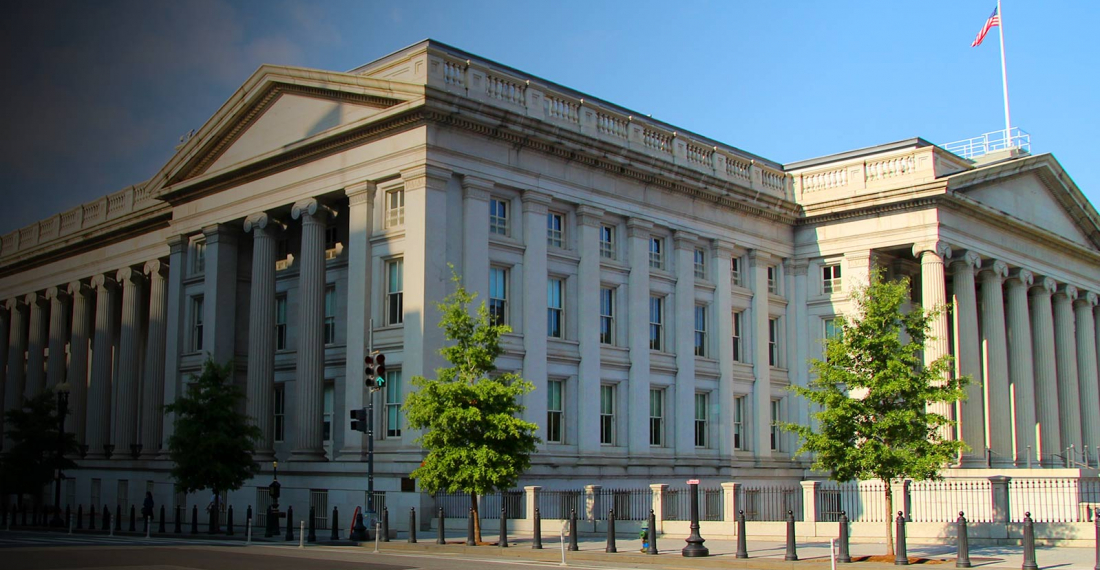On Thursday (20 January), the Department of the Treasury’s Office of Foreign Assets Control (OFAC) of the United States placed four Ukrainians, including two parliamentarians, on the US sanctions list. Their assets in the US are blocked. This is the latest action the OFAC has taken to target purveyors of Russian disinformation, including designations in April 2021.
According to the US, the Russian Federal Security Service recruited Ukrainian citizens in critical positions to gain access to sensitive information, threaten the sovereignty of Ukraine, and then leverage these Ukrainian officials to create instability in advance of a potential Russian invasion.
“Thursday’s action is intended to target, undermine, and expose Russia’s ongoing destabilization effort in Ukraine. This action is separate and distinct from the broad range of high impact measures the United States and its Allies and partners are prepared to impose in order to inflict significant costs on the Russian economy and financial system if it were to further invade Ukraine”, says the press release published at the US Treasury Department.
“The United States is taking action to expose and counter Russia’s dangerous and threatening campaign of influence and disinformation in Ukraine”, said Deputy Secretary of the Treasury, Wally Adeyemo. “We are committed to taking steps to hold Russia accountable for their destabilizing actions.”
The two parliamentarians are members of the opposition party of the Ukrainian politician and business oligarch, Viktor Medvedchuk, an opponent of Ukrainian President Volodymyr Zelensky.
source: commonspace.eu with the US Department of the Treasury’ and agencies
photo: Building US Department of the Treasury in Washington, D.C. US Department of the Treasury







